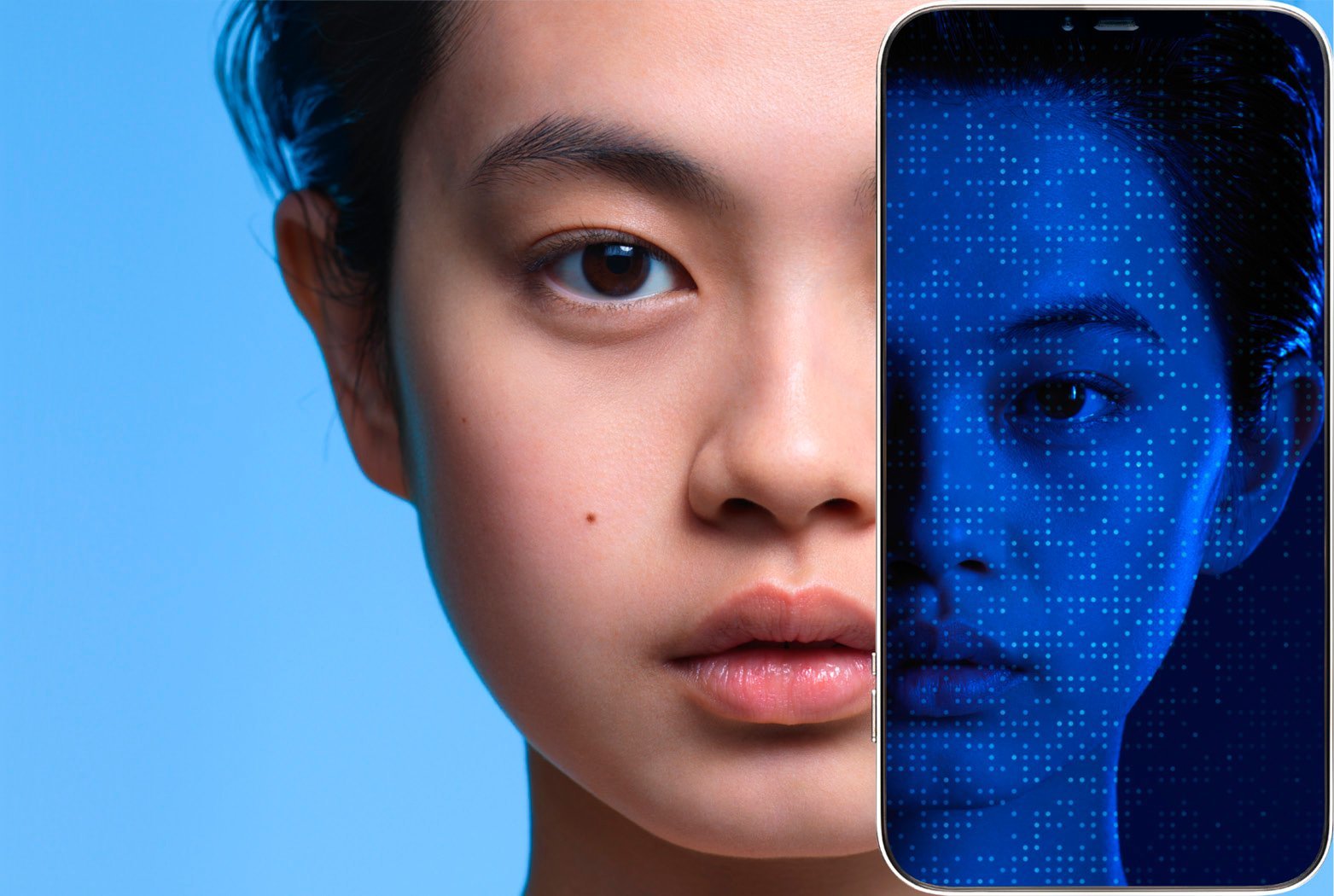ECZEMA SYMPTOMS TREATMENT
Eczema flare ups on the face, including eyelids , hands, scalp and body therefore have complex causes and represent much more than just a skin condition. Treatments that relieve chronic symptoms from eczema as itching (or “pruritus”) can help children concentrate at school when they’re repeatedly distracted by needing to scratch. Similarly at night, eczema symptoms treatments can make for better sleep and lessen anxiety for both parents and children.
Luckily, expert help is at hand in the pharmacy. Swipe to learn all about the top eczema symptoms treatments (and lifestyle hacks) like Lipikar Eczema Med, a medical device that can rapidly relieve the irritation, inflammation, itchiness and redness during flare-ups.
In the subsections below, you’ll also find information about what causes atopic eczema prone skin and how to prevent it, as well as a dedicated section on atopic eczema in babies and children explaining how to stay on top of atopy at school, during sport and at bedtime too.





